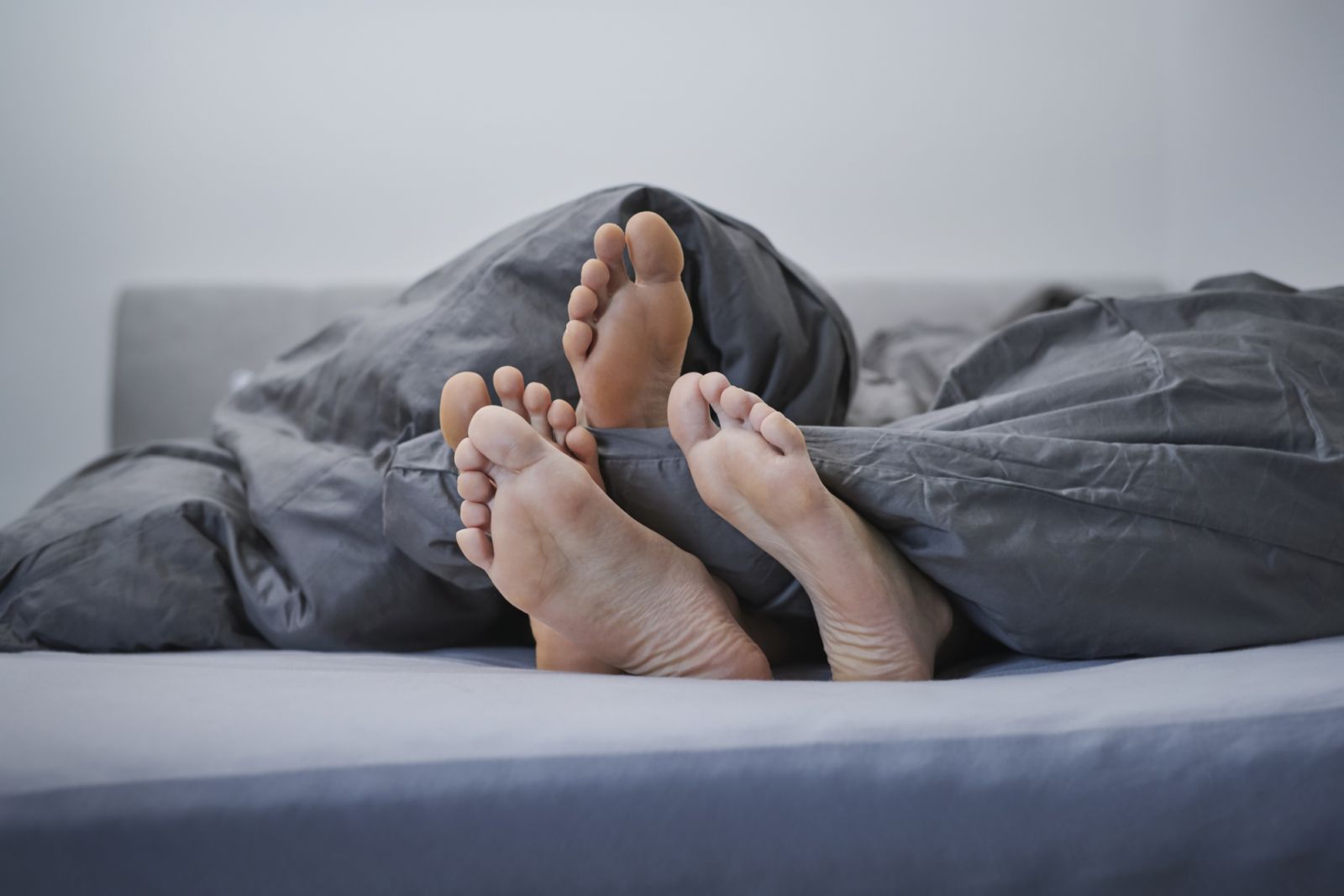The world of sleep is multifaceted and this World Sleep Day, we set out to understand how its impact on health and well-being is essential for addressing a wide array of physical, mental and emotional health issues
Sleeping for 10 or maybe even 14 hours may sound excessive. But Hollywood actress Dakota Johnson of Fifty Shades of Grey fame claims she can barely function with less than 10 hours of sleep. The 34-year-old star believes in prioritising sleep and dozing off for up to 14 hours. Her claim made headlines and prompted the response: How is it even possible to sleep for 14 hours?
In an interview on The Tonight Show with Jimmy Fallon, Johnson clarified that she’s not a monster who demands to sleep hours on end. She stressed that she could easily sleep for 14 hours or more and even joked that if she took an Ambien, she would most likely wake up the next year. “I don’t have to take anything to sleep like that either, I can just sleep like that,” she quipped.
Read more: 5 quotes on self-worth, mental health and manifesting confidence
Sleep is essential to our well-being, influencing everything from brain development and immunity to metabolism. However, having a good night’s rest is both a privilege and a luxury. Achieving good quality sleep is more difficult for people with underlying health conditions, new parents, those living in conflict areas, underserved communities and more.


Sleep is a serious business. Our pursuit of a good night’s sleep has sparked a surge in the use of sleep aids, trackers, and even self-medication, raising concerns about orthosomnia—an unhealthy fixation on achieving the “perfect” sleep. Even meditation app, Calm partnered with Grammy award winner and pop sensation, Harry Styles to narrate a series of sleep stories called Dream With Me, inviting listeners—mainly adoring fans—to fall asleep to his soothing voice.
This article explores sleep beyond this focus, taking a multidimensional approach that acknowledges its interconnectedness with mental health and overall well-being. By delving into diverse aspects such as health, insomnia treatment, developmental considerations, and perinatal/postpartum sleep, uncovering a comprehensive understanding of achieving the perfect sleep.
Read more: Why a digital detox can benefit your mental and physical health

